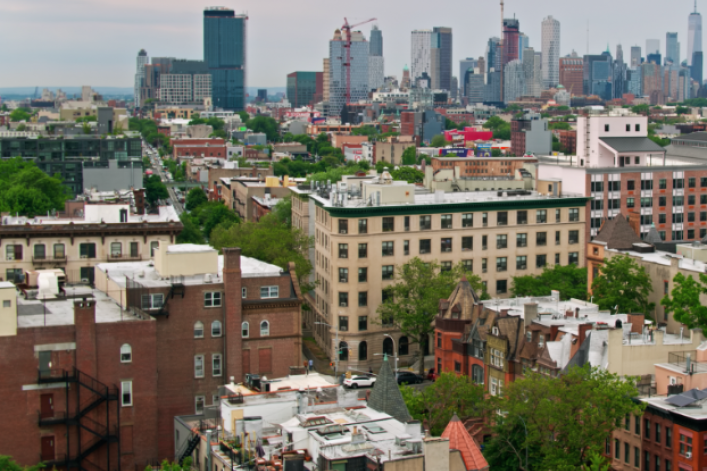Cybersecdn-Rent increases in New York are regulated by rules that you should know about as a tenant. Learning about your rights and the complicated set of rules that control rent increases in New York City is important for keeping your budget in check and keeping stable, affordable housing.
Rent Control and Rent Stabilization
In New York, some rental units are protected by rent control laws limiting the amount that landlords may ask for rent. There are two categories of rent control in New York: rent control and rent stabilization. Furthermore, mobile home units throughout the state are protected by a cap on rent increases.
Rent Control generally refers to buildings built prior to February 1, 1947, where the tenant has lived there continuously since July 1, 1971, or a qualifying family member gains succession right. Rent Stabilization within New York City generally applies to these two situations:
- Buildings with six or more units built between February 1, 1947, and December 31, 1973
- Tenants living in buildings built before February 1, 1947, who moved in after June 30, 1971
Rent Stabilization outside of New York City generally refers to rental units in buildings that:
- Were built prior to January 1, 1974
- Have six or more units.
- Have not been made into a co-op or a condominium.
However, there are many exceptions, including some rent stabilized units in newer buildings where the developer has opted into the rent stabilization program to obtain tax benefits. To determine if your rental unit is rent stabilized, use the Housing and Community Renewal Rent Regulated Building Search or use their contact form. If using the contact form, select Am I Rent Stabilized as your reason.

Rent Increases
In New York, the amount that a landlord can raise rent depends on whether the unit is protected by rent control or rent stabilization. If a rental unit is not rent controlled, rent stabilized, or a mobile home, the landlord can raise the rent by any amount, but they must follow the rules for rent increases.
Rent Controlled within New York City: In New York City, the Division of Housing and Community Renewal (DHCR) establishes a specific Maximum Base Rent (MBR) for each rent-controlled unit every two years. The actual rent that the tenant pays is determined by the DHCR and is referred to as the Maximum Collectible Rent (MCR).
The maximum amount that a landlord can increase rent is the average of the five most recent Rent Guidelines Board annual rent increases for one-year renewals or 7.5% each year until they reach the MBR, whichever is less.
Rent Controlled outside of New York City: The DHCR determines a Maximum Rent, and the maximum rate of increase is based on the average of the previous five Rent Guidelines Board adjustments.
Rent Stabilized: There are five Rent Guidelines Boards in New York State that meet on an annual basis to establish rent increase rates for rent stabilized apartments. For example, in New York City, for lease renewals that occur between October 1, 2022, and September 30, 2023, the maximum rent increase is 3.25% for a one-year lease renewal and 5% for a two-year lease renewal.
Other Protections
The “Housing Stability and Tenant Protection Act of 2019” provides important protections for renters across the State, like how much a landlord can charge for a security deposit on new leases.
For families living in rent-controlled or rent-stabilized apartments, the laws affect how much a landlord can increase your rent. Especially important are the changes for those with preferential rents, and for those living in a manufactured home park.
Read More: Arizona’s Land Giveaway: Three Cities Offering Free Plots for New Settlers!
As a tenant in New York, it is important to be aware of the laws that govern rent increases. Rent control and rent stabilization laws provide important protections for renters across the State.
The amount that a landlord can raise rent depends on whether the unit is protected by rent control or rent stabilization. The “Housing Stability and Tenant Protection Act of 2019” provides additional protections for renters across the State.

